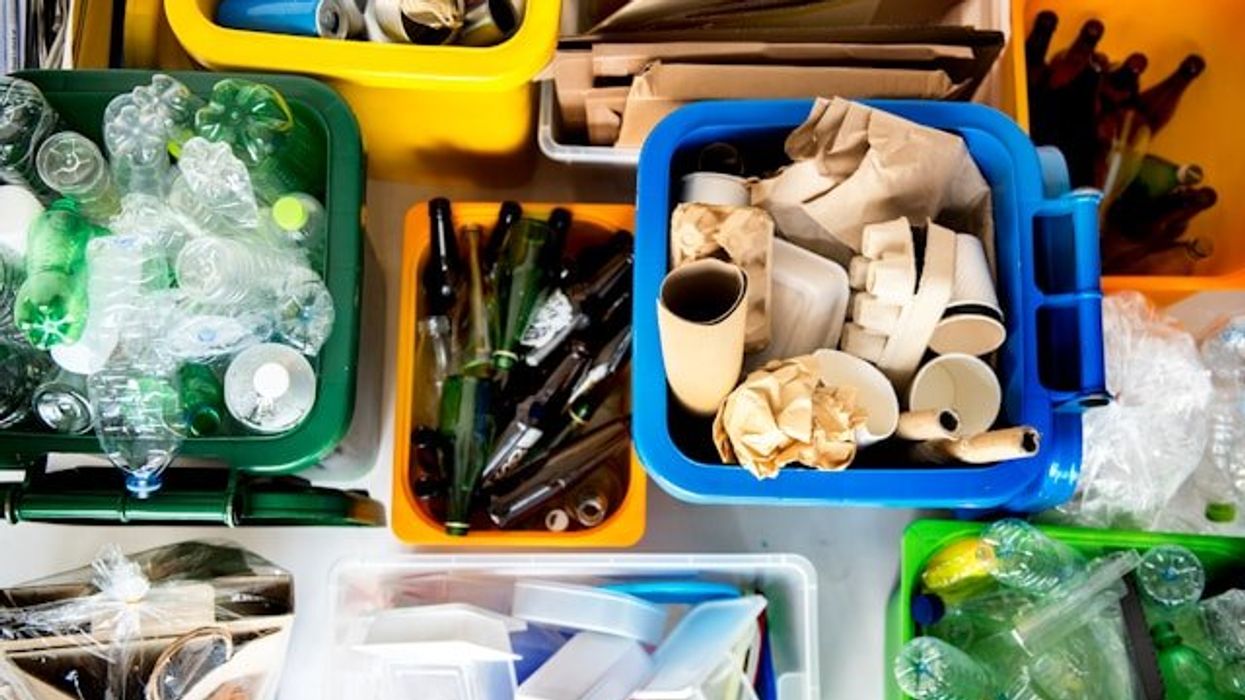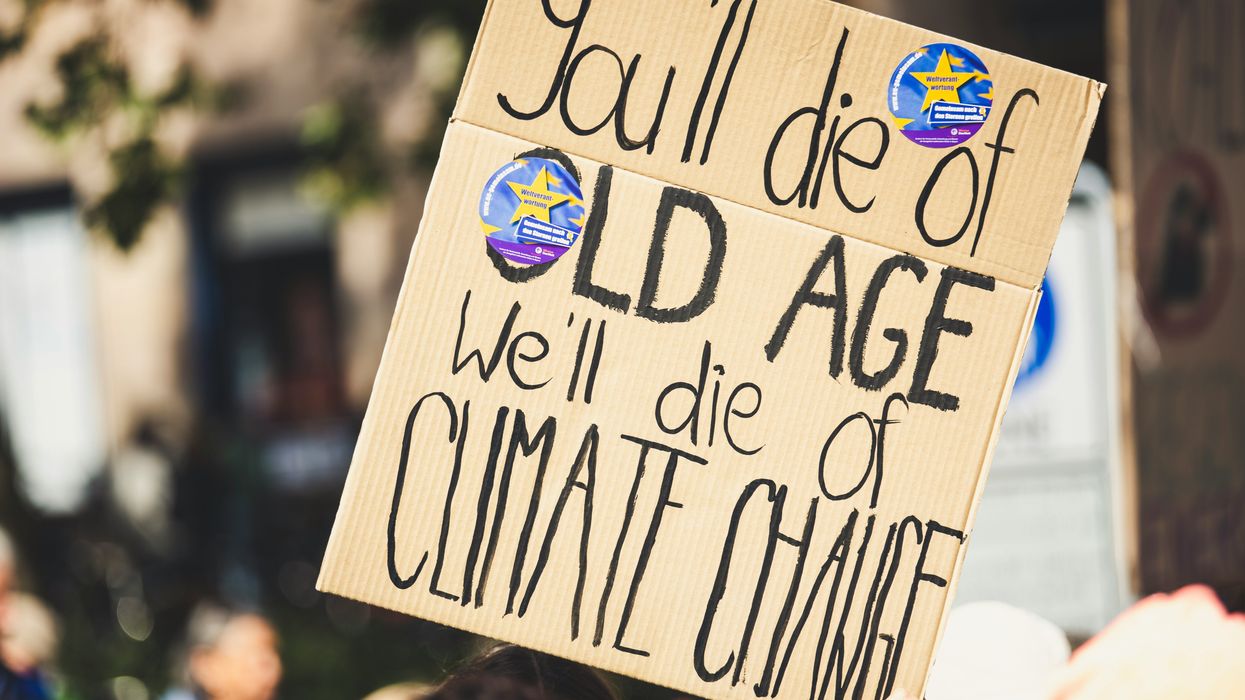Delegates from more than 170 countries opened talks in Geneva this week on a United Nations pact that would regulate how plastics are made, used, and discarded.
Oliver Franklin-Wallis writes for The New York Times.
In short:
- Plastic products contain at least 16,000 additives — 4,200 known to be toxic — and as items break into micro- and nanoplastics, those chemicals wind up inside human tissue.
- The Geneva session is the sixth attempt to craft a binding treaty after December’s meeting collapsed amid opposition from oil-exporting nations and the Trump administration, which says proposed health language would hinder business.
- Researchers estimate exposure to just BPA, DEHP and PBDE caused 164,000 deaths and $1.5 trillion in health costs in 2015, yet industry lobbyists are campaigning to narrow the treaty and question the science.
Why this matters:
Plastic now rivals climate change as a universal pathway for toxic exposure. Every stage of its life cycle — fossil extraction, manufacturing, daily use and centuries-long decay — releases additives that migrate into air, water, food and household dust. Infants drink formula from polypropylene bottles, commuters inhale tire particles, and farmers find microfibers embedded in soil that once supported crops. Early evidence links the particles and their chemical hitchhikers to hormone disruption, cancer, cardiovascular disease, and impaired brain development, piling a stealthy new burden on health systems already strained by chronic illness. With global production projected to triple by 2060, unregulated growth would sharply amplify human exposure within a single generation.
Read more: U.S. pressures countries to drop global plastics cap at treaty talks
















